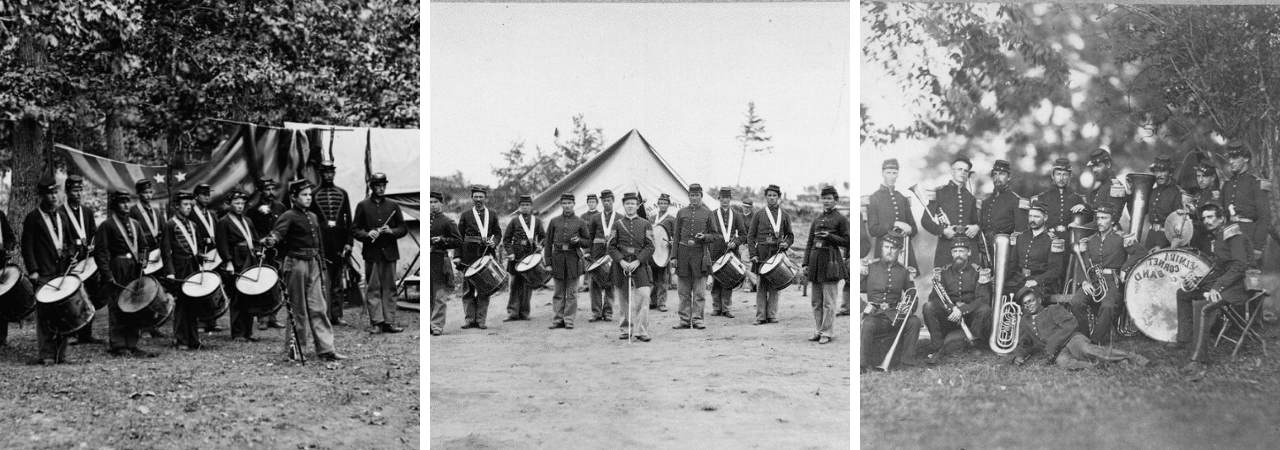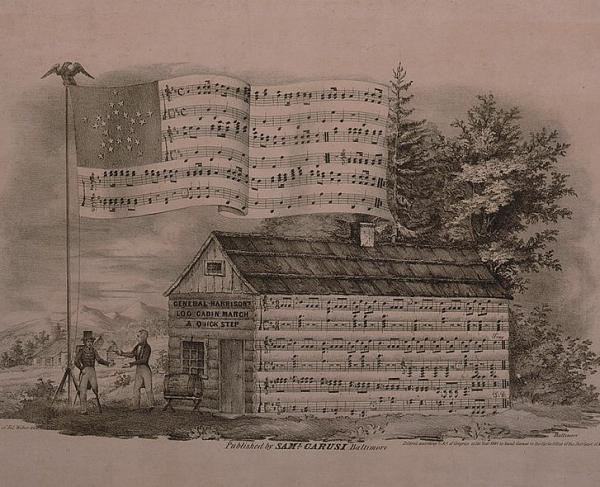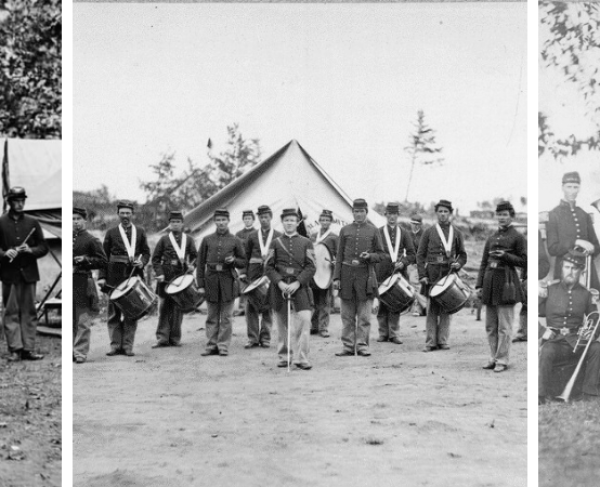
“Cumberland Gap,” describes Confederate General Braxton Bragg’s “Invasion” of Kentucky, which followed the battle and is the song’s namesake. The song begins by describing the frontier history of this geological wonder, including the exploits of famed frontiersman & hero Daniel Boone. When the primary Civil War story of the song commences, it becomes increasingly clear that the lyrics are sung from a distinctly Confederate perspective, describing the forgotten “Heartland Campaign.”
After victoriously capturing the Cumberland Gap in September of 1862, U.S. Brigadier General George Washington Morgan’s division was forced to retreat by overwhelming Confederate forces. Morgan was pursued relentlessly by Confederate Brigadier General Edmond Kirby Smith and the guerillas of infamous cavalier John Hunt Morgan, or “The Gray Ghost.” In order to keep any resources or equipment from falling into Confederate hands, Morgan’s Union division burned and destroyed their equipment during their retreat - a very effective tactical decision. “They burned the hay, the meal and the meat, and left us revels with nothing to eat.” This verse rings true according to Confederate General Bragg, who was in overall command of Confederate forces during the “Heartland Campaign.” Bragg wrote home to his wife, explaining the eventual Confederate withdrawal, “With the whole southwest thus in the enemy's possession, my crime would have been unpardonable had I kept my noble little army to be ice-bound in the northern clime, without tents or shoes, and obliged to forage daily for bread, etc.
In the Nutmeggers’ recordings featured on “In High Water: Songs of the Civil War,” we hope to do justice to those musicians who came before us, and especially those who gave their all, that we might see “a new birth of freedom.” We seek to honor the spirit and humanity of those brave souls who fought so that this nation might live. This is their music, and these are their stories.
Sources
“Daniel Boone.” Encyclopedia Britannica, Encyclopædia Britannica, Inc., www.britannica.com/biography/Daniel-Boone.
Kleen, Michael. “Civil War Ballads: Cumberland Gap.” Michael Kleen, 9 Mar. 2017, michaelkleen.com/2017/03/09/civil-war-ballads-cumberland-gap/.
Engle, Stephen D. The American Civil War: The War in the West, 1861–July 1863. Osprey Publishing, 2001.
“David Rawlings Pulls from Folks Past for 'Poor David's Almanack’.” The Washington Post, 30 Nov. 2017, www.washingtonpost.com/express/wp/2017/11/30/david-rawlings-pulls-from-folks-past-for-poor-davids-almanack/.
Foote, Shelby. The Civil War, A Narrative: Fort Sumter to Perryville. Random House, 1958.

